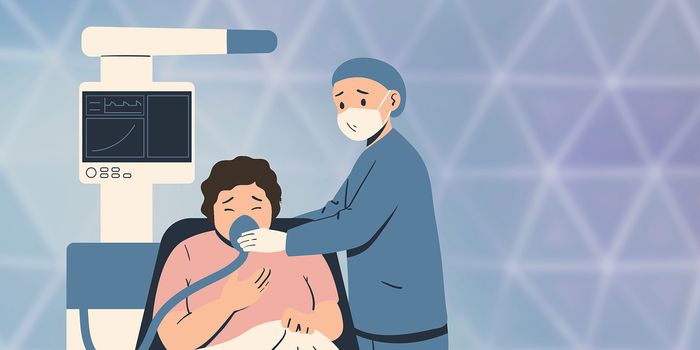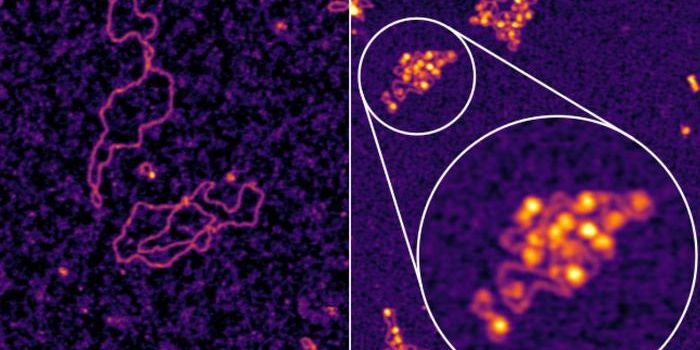Combination of Cholesterol Lowering Drugs Effective in Reducing Heart Disease
A recent European study found that individuals taking a combination of lipid-lowering therapeutics may reduce the risk of a cardiovascular event. The study highlighted the gap between clinical recommendations and the practice of cholesterol management. Researchers explain that even though if patients were already on a statin, they can benefit even with greater use if placed on additional statins.
Professor Kausik Ray, from Imperial's School of Public Health, who led the DA VINCI study, said: "In order to tackle the burden of cardiovascular disease, a global approach is needed. After diet and lifestyle, cholesterol-lowering with medications is a key approach to lowering the risk of heart disease and strokes. Based on trial data we have compelling evidence that lower cholesterol levels benefit those at the highest risk particularly.
According to the authors, the study highlights a gap between current clinical guidelines and clinical practice for cholesterol management across Europe. They explain that even among patients who are already receiving optimal doses of statins, greater use of other, non-statin cholesterol-lowering drugs could help to further reduce cholesterol levels and potentially improve health outcomes for those most at risk.
Findings were published in the journal European Journal of Preventive Cardiology.
Learn more about cholesterol and its implications in cardiovascular disease:
"Though statins are first line treatment, it is clear from our contemporary study that statins alone even when optimally used will not help the majority of patients achieve European Society of Cardiology cholesterol goals. Only one in five very-high risk patients achieve 2019 recommended goals and to improve this will require use of combination therapy of more than one drug. Currently less than 10% of very-high risk patients in Europe receive some form of combination therapy, 9% with ezetimibe and 1% with PCSK9 inhibitors."
Source: Science Daily









